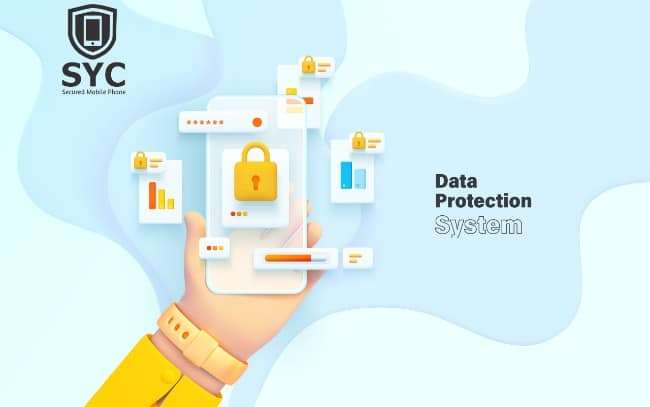Mobile encryption is a security measure that uses mathematical algorithms to encode data stored on a mobile device, making it difficult for unauthorized users to access the information. Mobile encryption can be used to protect a variety of data types, including documents, emails, photos, and financial information.
There are several ways to implement mobile encryption on your device:
- Encrypt the device itself: Many smartphones and tablets offer the option to enable full-disk encryption, which encrypts all the data stored on the device. This can be done through the device’s settings menu.
- Use a third-party app: There are a number of apps available that allow you to encrypt specific files or folders on your device. These apps often come with additional security features, such as password protection and the ability to remotely wipe the data if the device is lost or stolen.
- Use a mobile device management (MDM) solution: MDM solutions allow businesses to securely manage and monitor the use of mobile devices within the organization. These solutions often include the ability to encrypt data stored on devices, as well as other security features such as remote wipe and device location tracking.
By using mobile encryption, you can help protect your sensitive data from being accessed by unauthorized users, even if your device is lost or stolen. It is important to regularly update your encryption software and use strong, unique passwords to further enhance the security of your device.
Why Every Businessman Needs Mobile Device Encryption?
Encrypting a phone can help protect sensitive business data from being accessed by unauthorized individuals, even if the device is lost or stolen. This is particularly important for businesspeople who handle sensitive or confidential information, such as financial data, customer records, or proprietary business information.
Here are a few reasons why every business person may benefit from using an encrypted phones:
- Data protection: Encrypting a phone can help prevent unauthorized access to sensitive business data stored on the device. This can protect against data breaches, which can have serious consequences for a business, such as damage to reputation and financial losses.
- Compliance: Depending on the industry, businesses may be required to adhere to certain data protection regulations that mandate the use of encryption to secure sensitive data. Using an encrypted phone can help ensure compliance with these regulations.
- Security: Encrypting a phone can help protect against threats such as malware, viruses, and cyber-attacks. This can help reduce the risk of data loss or damage to the device.
Overall, using an encrypted phone can provide an extra layer of security and protection for sensitive business data, helping to safeguard against potential threats and ensuring compliance with relevant regulations.















